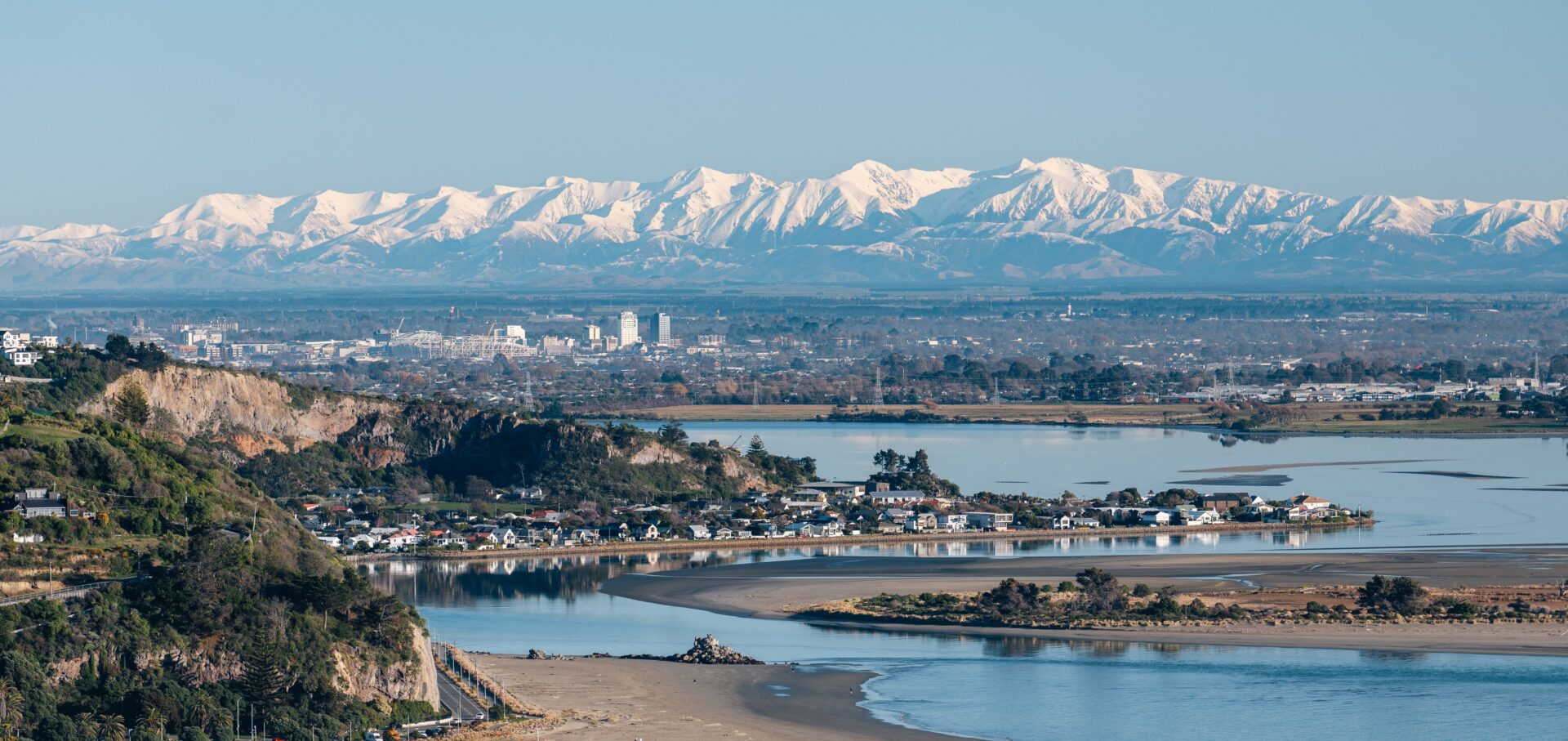Living Labs - FOOD, WATER, BIODIVERSITY NEXUS
Natural Regeneration at Hinewai Reserve, Banks Peninsula
Location: Hinewai Reserve, Banks Peninsula
Date: Thursday, 16 October
Time: 8:00am – 16:00pm
Cost: $65
Maximum numbers: 35
Details: Depart Town Hall at 8am for a 2 hour drive to Hinewai Visitor Centre. There are multiple walks available to participate in, before arriving back at the Town Hall by 4pm. A packed lunch will be provided.
Meet at the Town Hall at 7:45am.
Leaders:
Hugh Wilson - botanist, naturalist and reserve manager
Max Croll-Dowgray - member of Hinewai team
Ash Lennan - member of Hinewai team
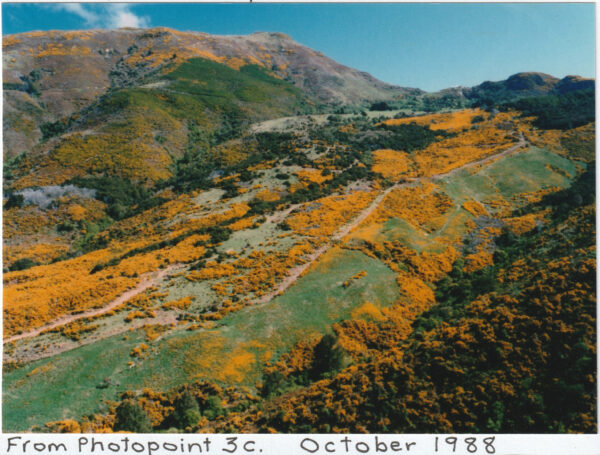 | 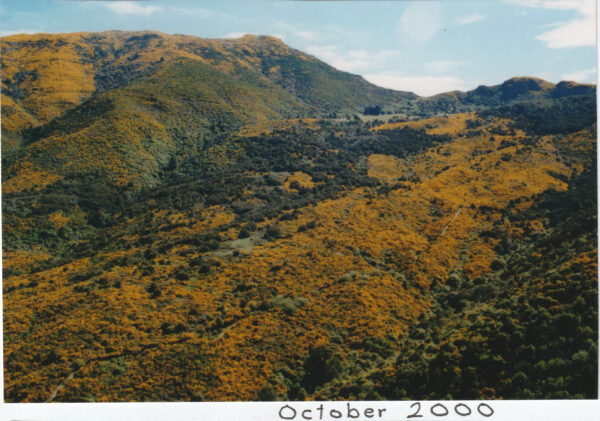 | 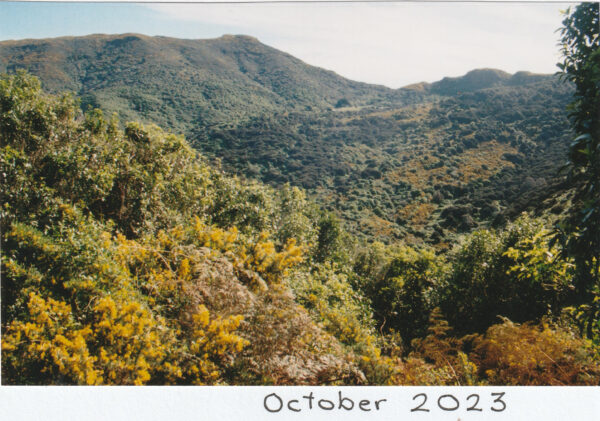 |
This visit to Hinewai Reserve in the southeastern corner of Banks Peninsula, about 90 kilometres by road from Ōtautahi Christchurch City, involved a full day outing, a walk of 5-10 minutes down a track to the Visitor Centre, an informal chat about Hinewai Reserve and Banks Peninsula, followed by optional walking. This was guided by Hinewai staff, of up to 2 ½ hours at a gentle pace, through the regenerating vegetation and wildlife. There were options for shorter walks, depending on participants’ capabilities and weather. Greater Hinewai is about 1,600 hectares of hill country, cleared of native forest in the second half of the 19th century, farmed for much of the 20th century, now managed for natural regeneration of native forest and fauna under a management policy of “minimum interference management” and “light ecological footprint.” Carbon sequestration income has assisted in the expansion of the reserve from its beginnings (109 hectares) in 1987. The land is legally ‘owned’ (“ownership” of land is regarded by Hinewai’s kaitiaki (guardians) as an absurd example of human hubris) by a private Charitable Trust. Free public access has been part of Hinewai’s kaupapa (philosophy) since the beginning, although this is regarded as secondary to our conservation goals. Similarities and differences with “rewilding” projects elsewhere in the world can be part of the kōrero (discussion) on the day.
To see more information, please watch a documentary here.
Dairy farming for the future
Location: Lincoln University Dairy Farm, Springston
Date: Thursday, 16 October
Time: 9.30am – 12.30pm
Cost: $45
Maximum numbers: 35
Details: Depart Town Hall 9.30am for the Research Station. Arrive back for 12.30pm.
Meet at the Town Hall at 9:15am.
Leaders:
Prof. Pablo Gregorini - Head of the Centre of Excellence: Designing Future Productive Landscapes, Lincoln University
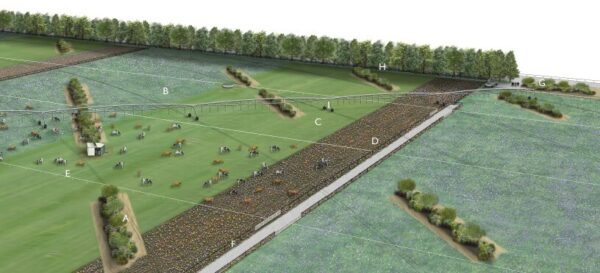
The Lincoln University Integral Health Dairy Farm is adapting a traditional dairy farm to address the food, water, and biodiversity nexus under a changing climate. Through examples of nature-based solutions such as wetland regeneration; native planting that considers the local biophysical characteristics now and into the future; and modifying livestock feed production to cope with drought and other extremes, the Lincoln University Integral Health Dairy Farm is exploring, implementing and testing adaptation approaches for agricultural resilience into the future. The changes being made have multiple benefits in addition to climate change adaptation: reducing greenhouse gas emissions, reducing water use and improving water quality, as well as increasing biodiversity. Delegates were taken to this working dairy farm to see and hear about the latest developments and innovations.
River resilience and water security: planning for and adapting to changes in water availability
Location: Mid Canterbury
Date: Thursday, 16 October
Time: 9:00am – 18:00pm
Cost: $65
Maximum numbers: 35
Details: Depart Town Hall at 9.00am for a tour through Mid Canterbury’s braided river systems and the Rangitata River Diversion Race. Arrive back for 6.00pm. A packed lunch will be provided.
Meet at the Town Hall at 8:45am
Leader: Dr Fiona Shanhun, Environment Canterbury
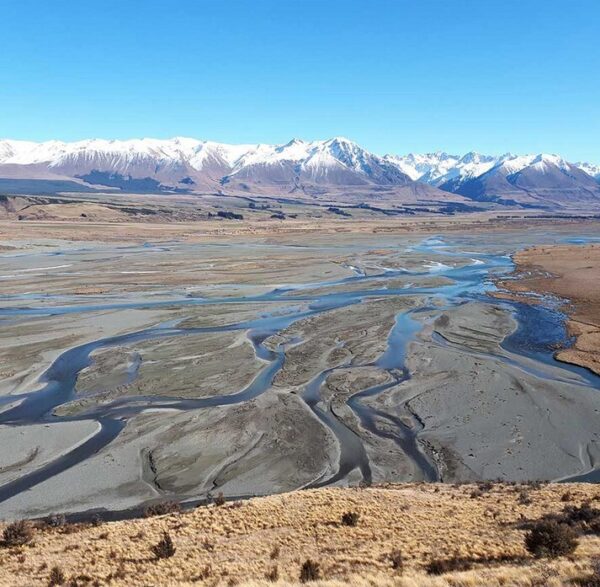
Changes in our climate present challenges to community resilience and water security, especially for those in the primary sector. Delegates joined us to hear about Canterbury’s unique braided river systems and associated challenges with flood protection infrastructure, ensuring rivers have space to breathe whilst still supporting climate and community resilience. We also discussed intergenerational infrastructure and heard about adaptation challenges and opportunities to ensure water security in a changing environmental and regulatory context. We saw first-hand examples of flood recovery and adaptation efforts in Mid-Canterbury and explore the Rangitata Diversion Race that delivers water for irrigation, hydro-power generation and for stock to drink between two of Canterbury’s major braided river systems.
Key Dates
Early Bird Registration Closes
15 July 2025
Adaptation Futures Conference
13 - 16 October 2025
